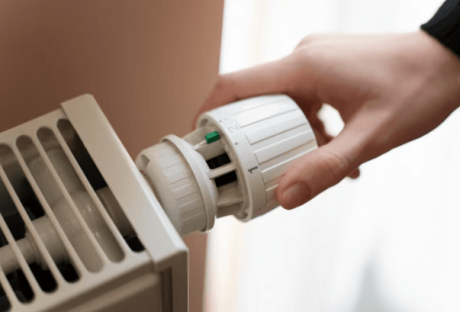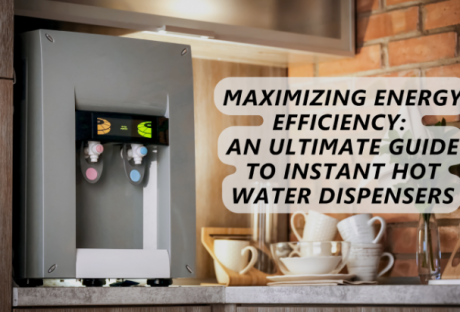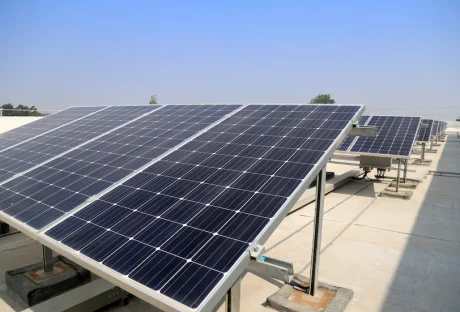More homeowners are increasingly turning to solar power as an alternative energy source due to its ability to lower electricity bills and boost home resale values.
While going green is an excellent move, installing and maintaining solar power systems are associated with high costs. By learning about the factors influencing them, you can easily decide if switching to solar power is worth your hard-earned money.
Here Are Five Prime Factors That Impact Solar Panel Installation And Maintenance Costs
1. Your preferred solar panel contractor
Selecting the right solar panel installer is critical as you transition to a more sustainable lifestyle. Proper installation and maintenance can make or break your project’s cost-effectiveness, so don’t be tempted by low prices alone! To get ahead of potential problems down the road, research companies for their qualifications and reviews before making any commitments.
Investing in an experienced contractor may come at a higher upfront price tag but will ensure successful integration into renewable energy sources with long-term savings benefits. When you contact us, we will answer any inquiries regarding the cost of our solar power installation and maintenance solutions.
2. Roof type and angle
The type and angle of your roof significantly impact your solar panel’s installation cost and maintenance. Roofs that are flat, slate, or shingle can be challenging to work with, and installation may take more time and effort, which leads to higher costs. The angle and orientation of the roof also play a role. A roof with a steep slope facing south will provide optimum sun exposure, reducing installation costs and improving energy production.
3. Structural issues
Structural issues also affect solar panel installation costs and maintenance. The integrity of the roof and the structural load-bearing capability are essential considerations. Reinforcement may be necessary if the roof cannot accommodate the solar panel’s weight, which will increase installation costs. Similarly, any structural issues that require repairs, such as rot, sagging, or cracks, would require rectification before installation, which increases installation costs.
4. Solar system add-ons
When upgrading your solar power system, several accessories could enhance its performance. Battery backup systems can store excess energy for later use and offer protection when the sun isn’t shining as brightly or in case of an outage.
While these add-ons come with additional costs upfront, they may provide long-term financial savings, greater reliability to offset any weather variations affecting production levels, and added peace of mind during emergencies.
5. Local costs
Local codes and regulations can also influence solar power installation cost and maintenance. Permits and interconnection fees, for example, can vary between localities, and you must confirm any costs before proceeding with the installation. Licensing, inspection, and maintenance costs are additional expenses that may be imposed in your locality.
Conclusion
Investing in a solar energy system could be an effective way to reduce your utility bills. Still, the timeline of when you can expect to see those savings depends on several factors. In sunny areas with high current energy costs, these systems can pay off within five years, though other locations may have longer wait times that stretch out into ten or 20-year cycles before any real return is seen.
It ultimately comes down to your value on environmentally friendly solutions and long-term investments versus the more immediate financial gains from traditional power generation sources.
Read Also:
- Ready Rooftops – How to Install Solar Panels
- 8 Tips For Choosing Solar Panels For Outdoor Activity
- How Much Do You Save With Solar Panels? The Ultimate Guide






















